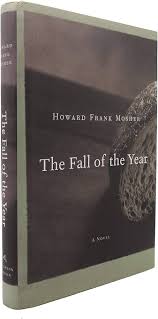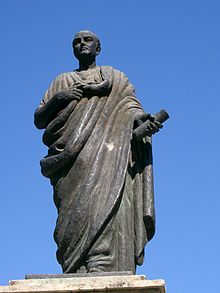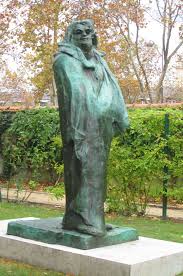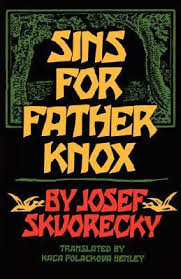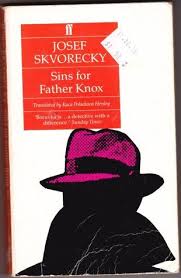Marie Blythe (1983) by Howard Mosher
Good Reads meta-data is 455 pages, rated 4.04 by 276 litizens.
Genre: Chick Lit.
DNA: Vermont.
Verdict: Hardscrabble.
Tagline: Odysseus had it easy.

Around 1900 many French Canadians immigrated to New England for work, especially in the woods and lakes, logging, trapping, quarrying, mining, and fishing. One precocious youngster in the migration was Marie. She is smart and spirited but uneducated and naive. Disease, work accidents, a miscarriage, rape, the accidental death of a loving husband on thin ice, the war death of another, beatings by not so loving mates, all of these woes beset her and yet she keeps going: quiet but purposeful at times in -40F temperatures.
There are compensations, while they lasted she was happy with each of those two husbands; she had a sense of purpose in working in the sanatorium after her own recovery; her spirit rose in the north woods on an autumnal day or viewing the stars in the sky on a winter’s eve.
The telling is leavened with the back stories of those, good and bad, she meets on her travels, other wanderers and also residents. But she has no Ithaca. Her recurrent nemesis I found hard to believe but so be it.
The overall effect is melodrama. Each episode (spanning 3 – 7 chapters) starts out wth Marie doing well at something somewhere, and we all know the balloon will burst in the next couple of chapters. She marries and is happy. Her husband dies. She likes nursing, and the sanatorium closes. She loves an old horse, and it dies. And so on and on: Lurching from crisis to catastrophe. The result is a soap opera.

All told in Mosher’s precise, deadpan prose. As Willa Cather is the novelist of the Great Plains (Nebraska), so Mosher is the novelist of the North Woods (Vermont). That is a comparison which I hope does them both credit.
It is quite a contrast to Delia Falconer, Service of the Clouds which seems trivial and laboured in comparison.

Historical note: The Vermont Republic (1777-1791) abolished slavery, endowed women with the right to own property, and granted universal male suffrage. Some of that spirit lives on in Bernie Sanders it would seem.






